
Aktuelno
Članak
BH institutions have failed to determine identity of thousands of migrants
Commentary by Amina Corbo Zeco
.jpg.webp)
By: Amina Corbo Zeco
The police of the Una-Sana canton where the largest number of migrants have settled in 2019, have registered a total of 262 cases of criminal offence committed by migrants. However, the real problem local authorities face when the offenders are to appear in court as their true identities cannot be determined!
Two migrants from Algeria were recently cleared of suspicion that they murdered a 24-year old man from Morroco in Velika Kladusa in June 2018 – because the court failed to determine their true identity! Ismail Mehali and Walid Ferroukhi had been arrested under suspicion of murder on the basis of witness testimony and DNA analysis, however, the court acquitted them for procedural reasons.
BiH doesn't have an identity checking system which could be used for (already) thousands of migrants in our country. In addition, there's been no change to the law that could limit the movements of the migrants caught without an ID to the immigrations centers or collective camps. Instead, those with so-called 'white paper' freely move around the country and in case they get stopped by the police, they offer a piece of paper that nobody can guarantee its authenticity and accuracy.
However, if they don't have the 'white paper' on them, they get registered as a no-name person?! Paradoxically, while everyone's talking about 'growing security risks', 'potential terrorists', few have come forward with solutions for the biggest threat BiH has faced since the war.
Some of the local courts do not even recognize the official documents issued by other BH institutions such as the Service for Foreigners' Affairs, which is understandable, as such documents do not get verified.
Judicial institutions in BiH have so far rarely encountered the problem of identity determination, which only complicated already complex situation. However, the issue not so foreign to these institutions is movement limitation for foreigners – a good case in point is Abu Hamza whose identity was known to the system, however, Abu Hamza spent 7 years in the Immigration center because he was perceived as a national security threat – because it suited the politics at the time. Originally from Syria, he came to BiH in the eighties. As deportation was deemed impossible, he was detained! Double standards, or in other words – you can achieve anything that you set your mind to... which begs the question how come we haven't found a solution for migrant crisis over the past three years of dealing with it.
If their movement cannot be limited, could they be returned to the countries they claim to originate from? They are not all war-torn so they can be deported by air.
However, let's get back to the Service for Foreigners' Affairs; they issue a confirmation with a photo that lasts 15 days. Once it expires, the holder is obliged to check in with the Asylum department in Sarajevo. We don't have any knowledge as to number of migrants who do come back to check in. The migrants get the same papers in Serbia but they throw them away when entering BiH.
The identity related data can be obtained from birth certificates and in case of criminal offence, biometric data such as fingerprints can be used as evidence. The question is – why don't we deal with the issue of identities before criminal offence i.e. before too late?
#English
Najnovije
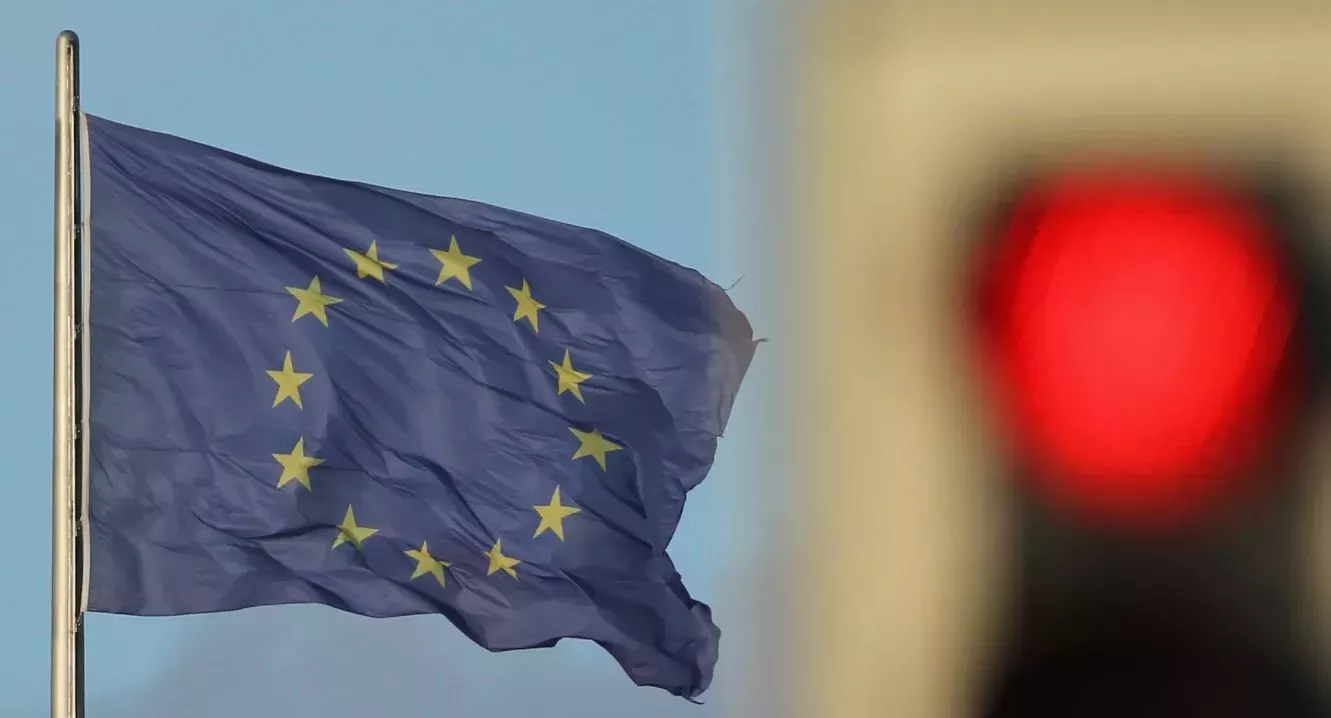
Brisel bez snage: Ako EU ne može obuzdati Mađarsku, kako će zaštititi BiH od Hrvatske?
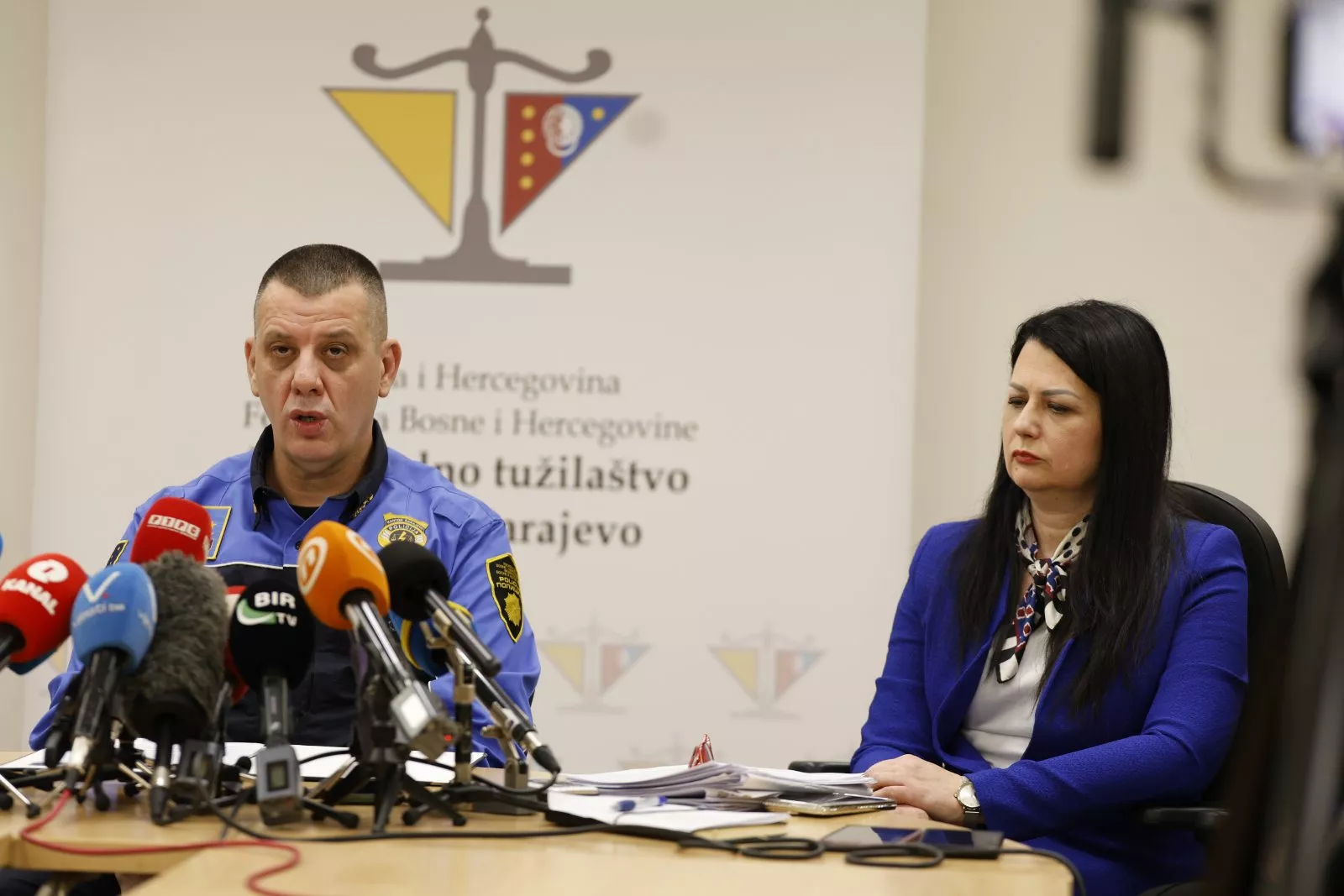
Javnost je očekivala odgovore, a Tužilaštvo i MUP KS su ih izgubili kada je pala podvala ‘vozač je kriv’!
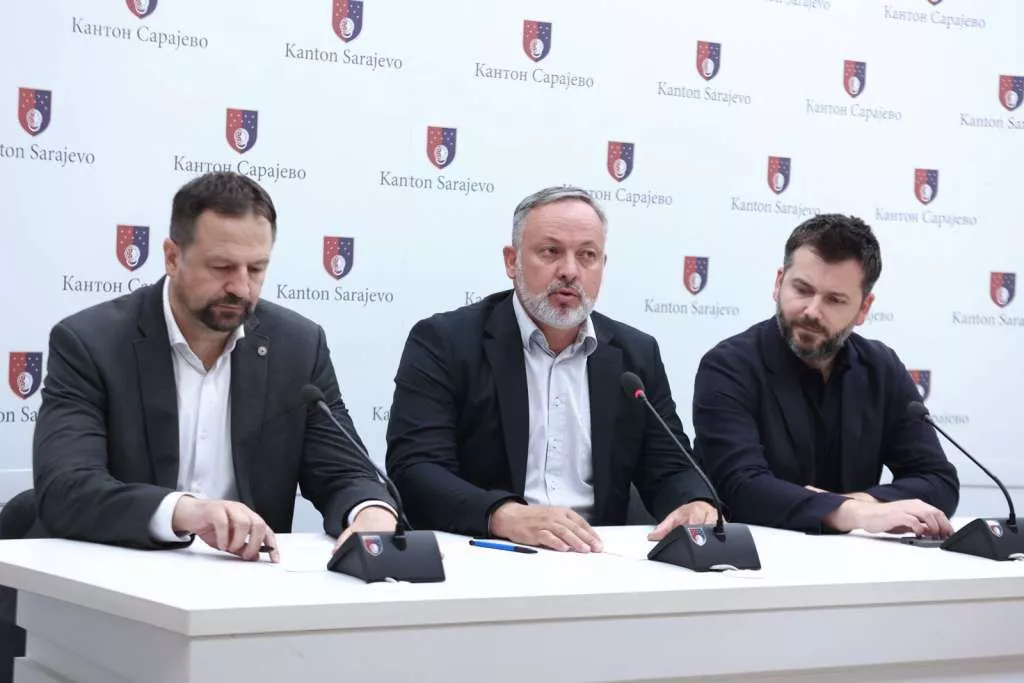
SDA, SBiH i DF: Trojka priprema prevaru građana, namjera joj je da Vlada KS nastavi raditi u tehničkom mandatu
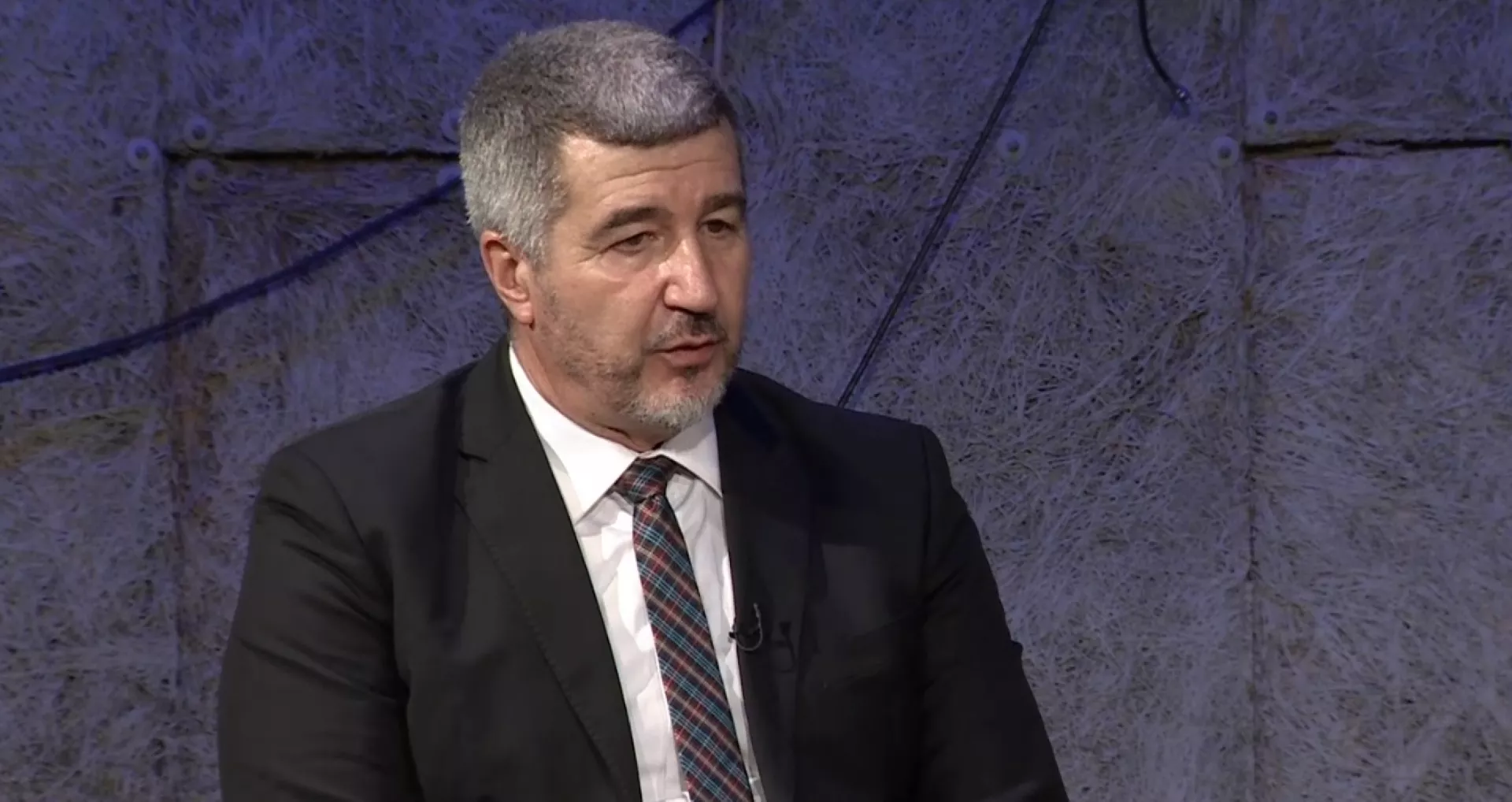
Karamehmedović: Sutra ističe rok koji nam je dala EBU, slijedi blokada računa i mogući kraj BHRT-a
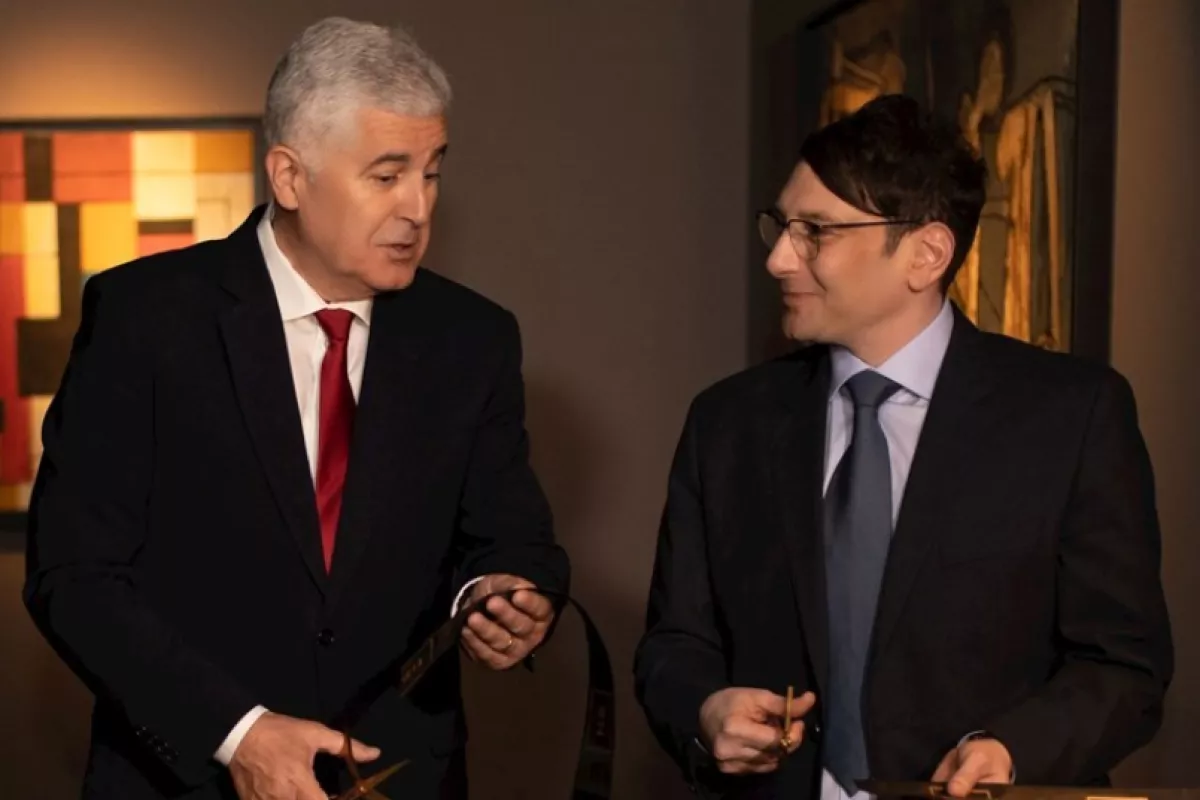
Južna interkonekcija na mrtvoj tački: Dok Kabiri obmanjuje Amerikance, predstavnici HDZ-a koče proces izgradnje
Najčitanije
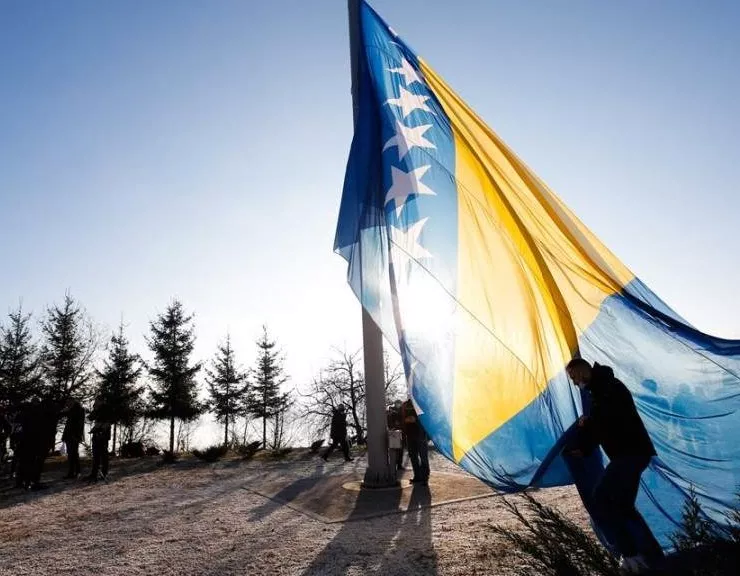
Dan nezavisnosti BiH obilježava se 1. marta i ne prenosi se, Hota-Muminović proglasila i 2. mart neradnim danom?
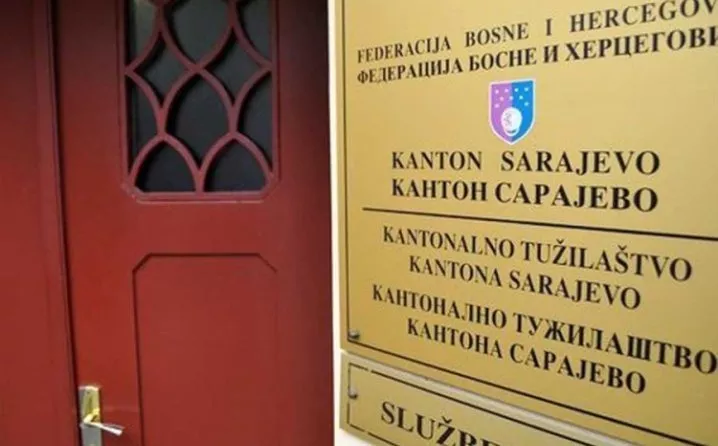
ŠTETA I UK NE ZNAJU Tužilaštvo KS neće provoditi istragu o dugu KJKP Gras zbog neplaćanja poreza i doprinosa

Komisiji za borbu protiv korupcije stigle prijave: Ko unaprijed gradi carinske terminale za UIO i kome se pogoduje
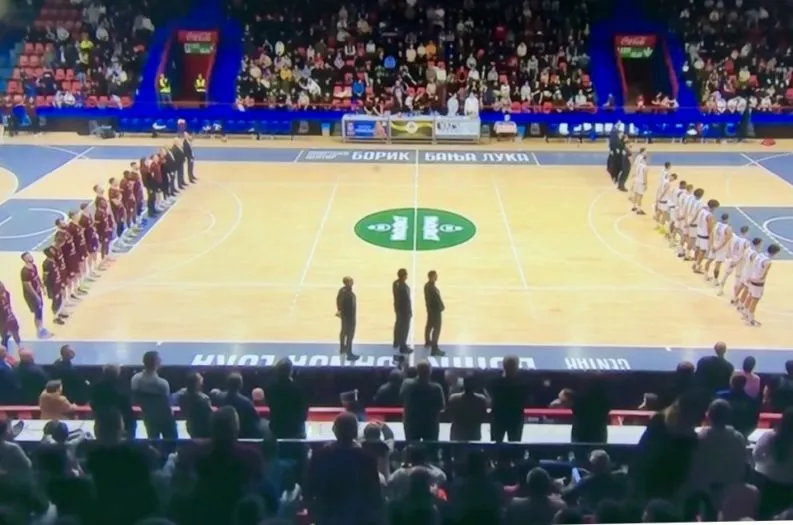
UTAKMICA BORCA I BOSNE U Banja Luci izviždana i prekinuto intoniranje himne BiH
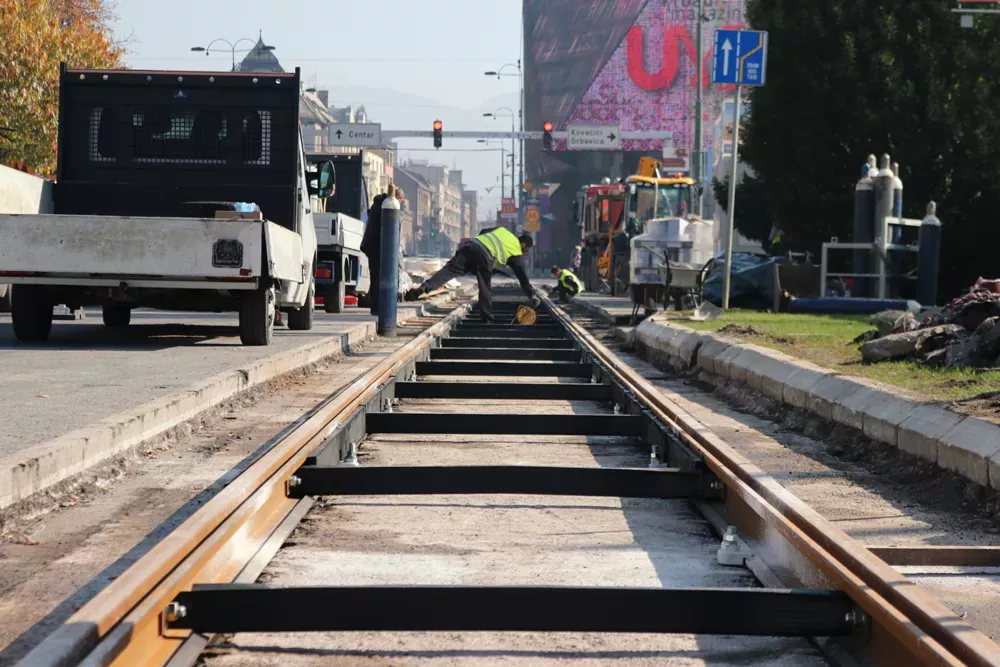
Vlada KS: Rekonstruisana tramvajska pruga ima sve upotrebne dozvole
